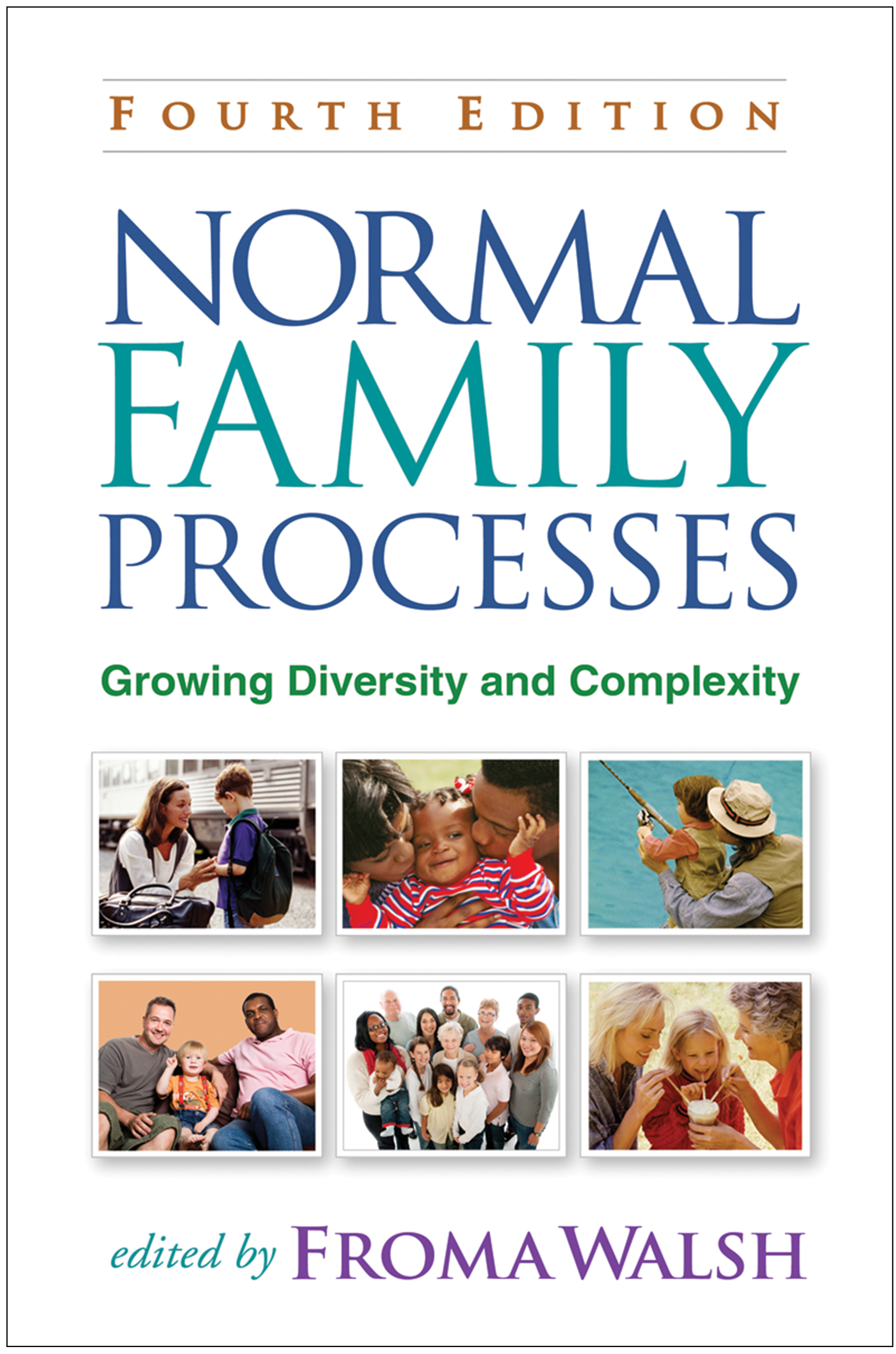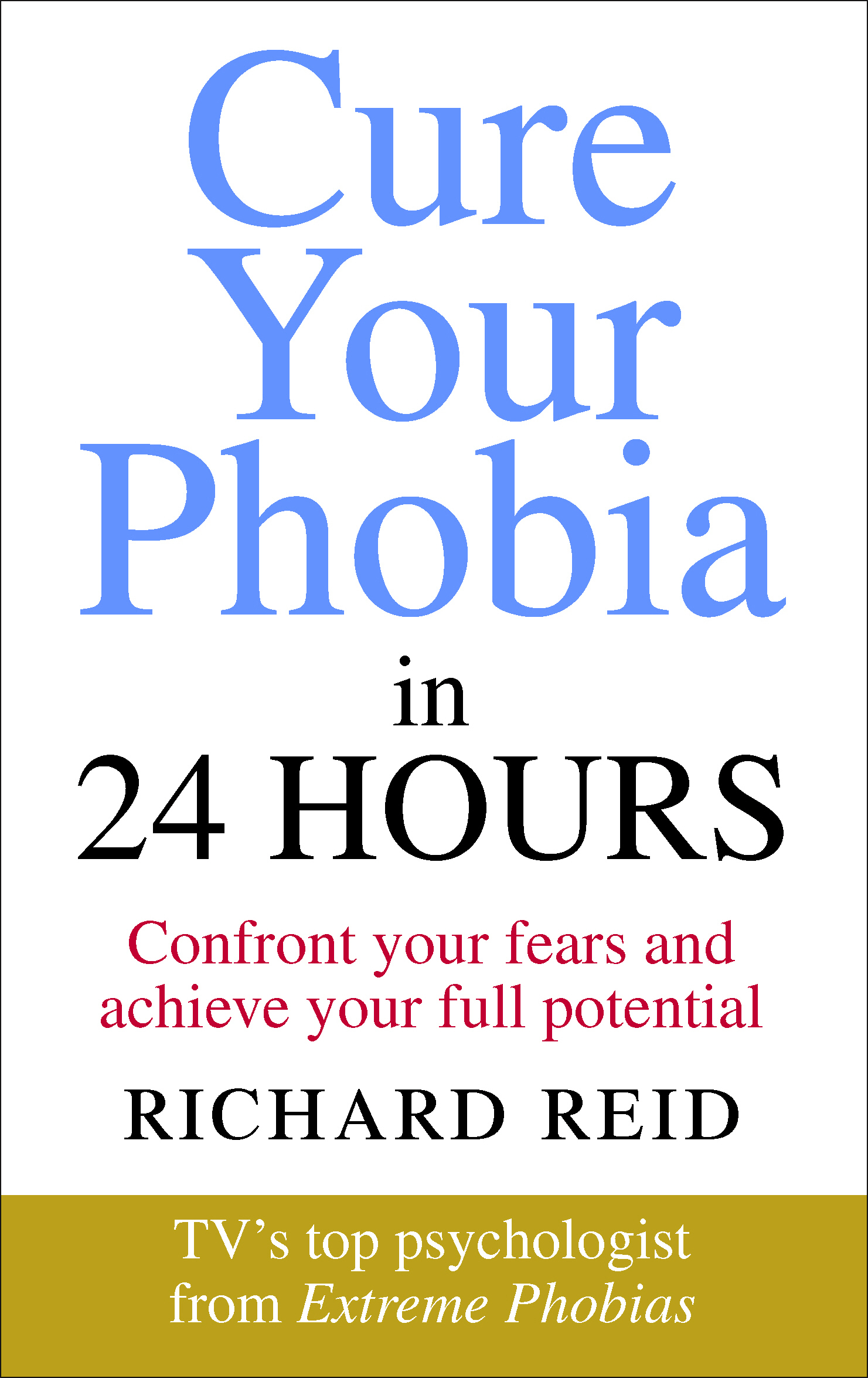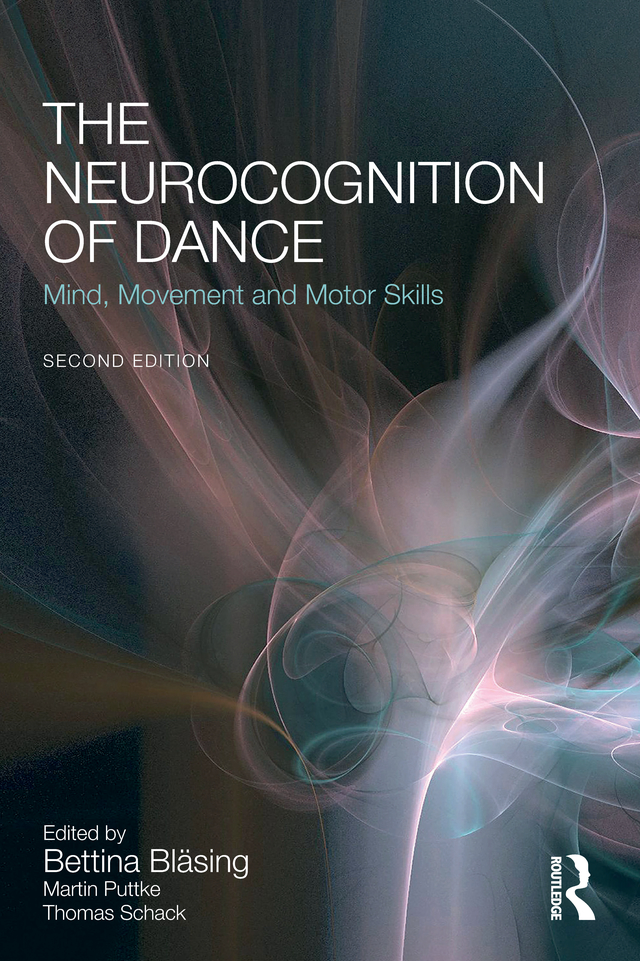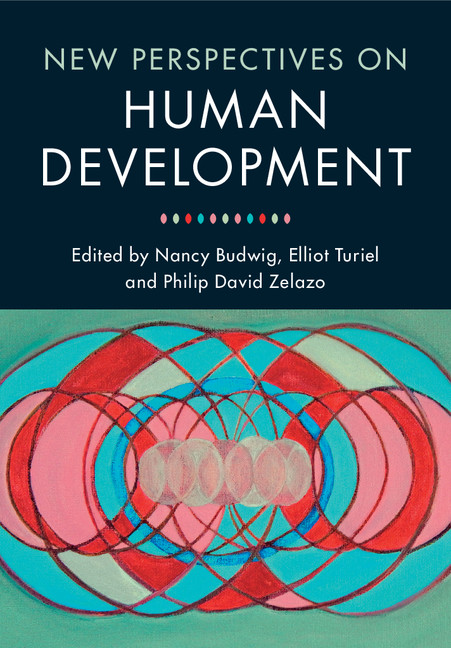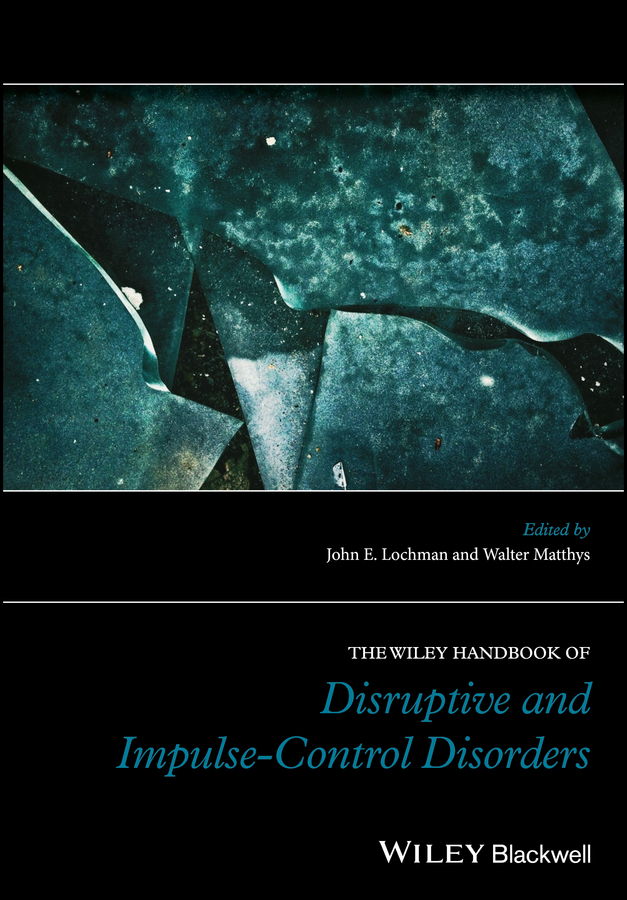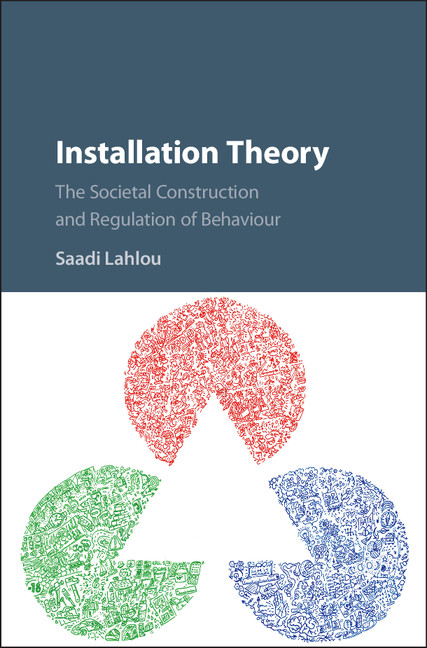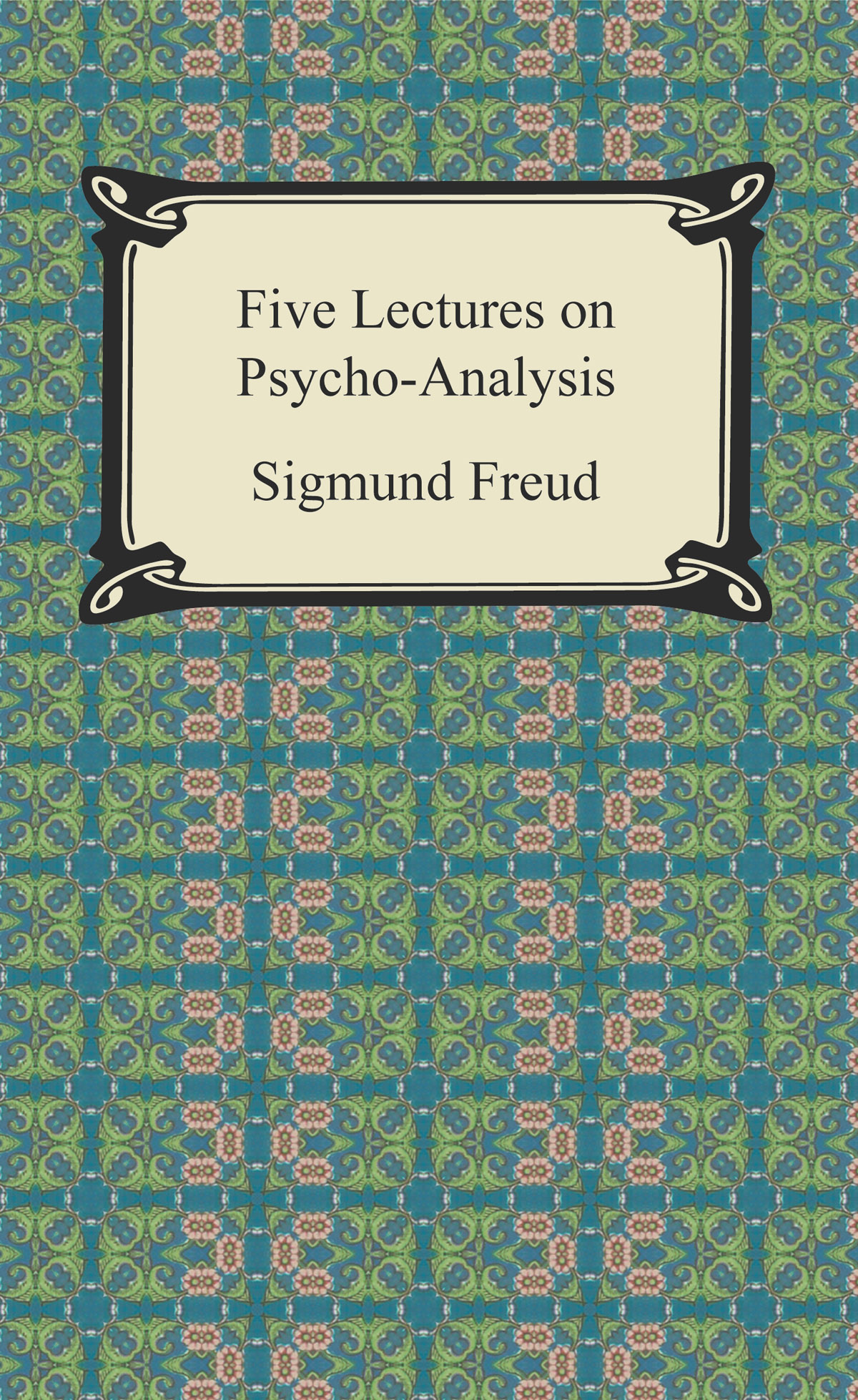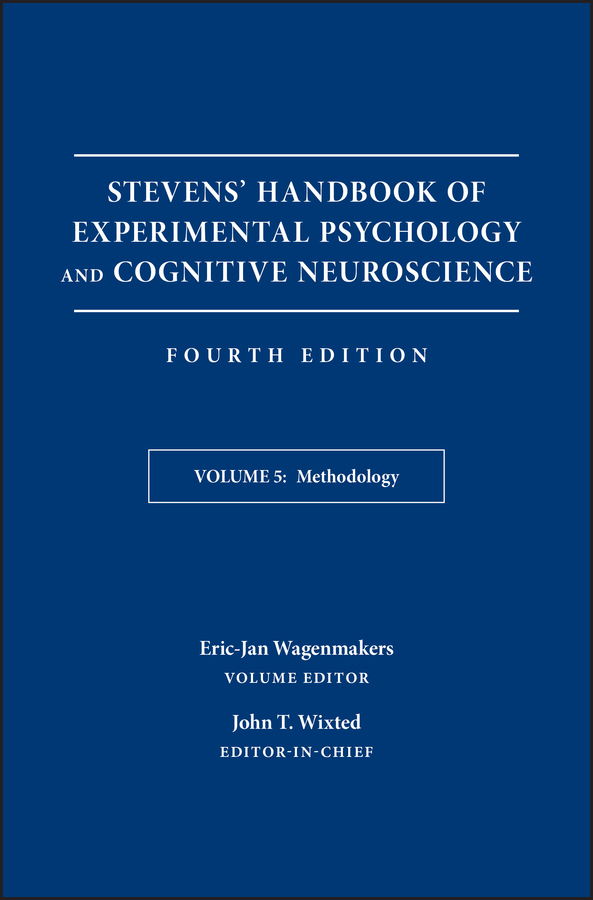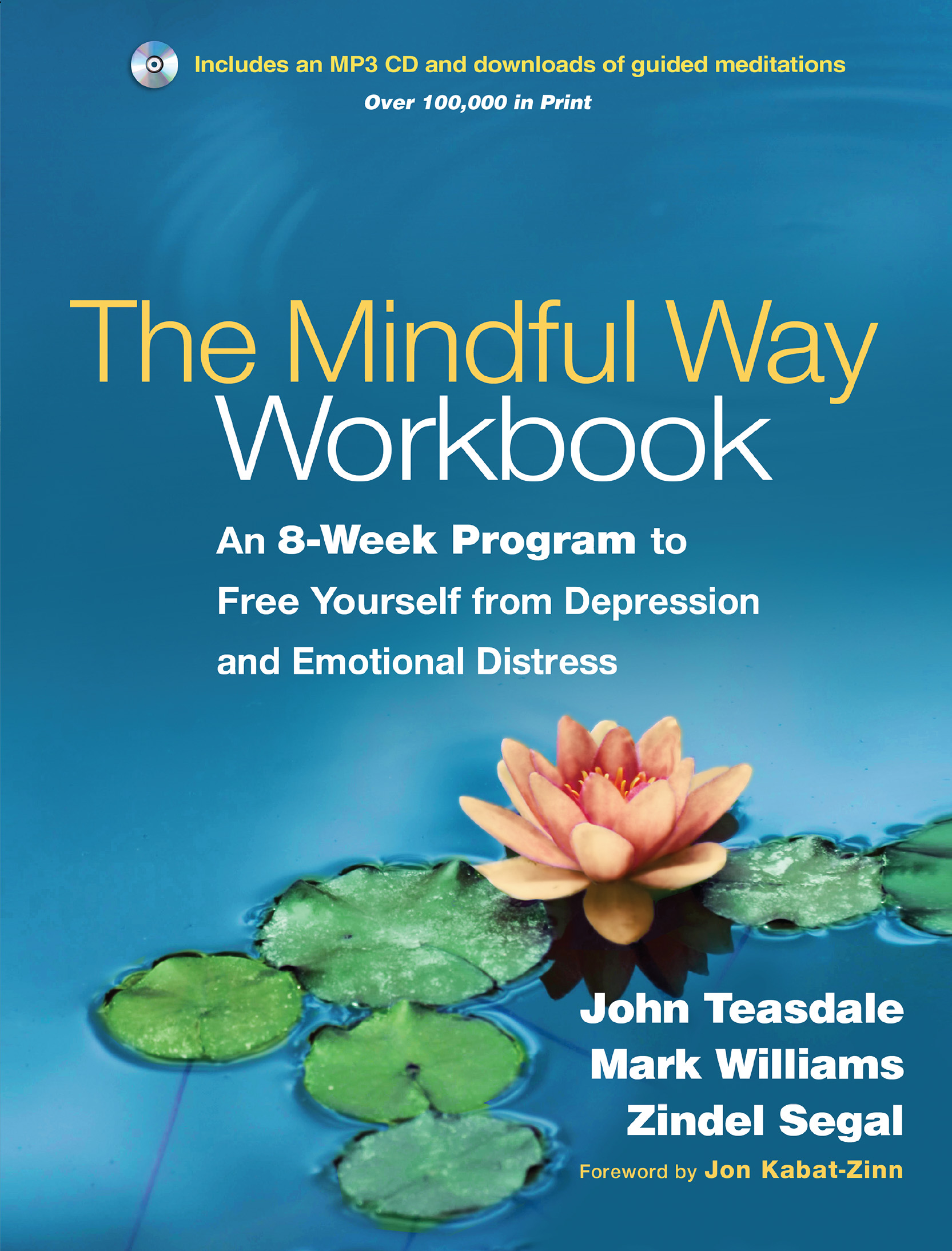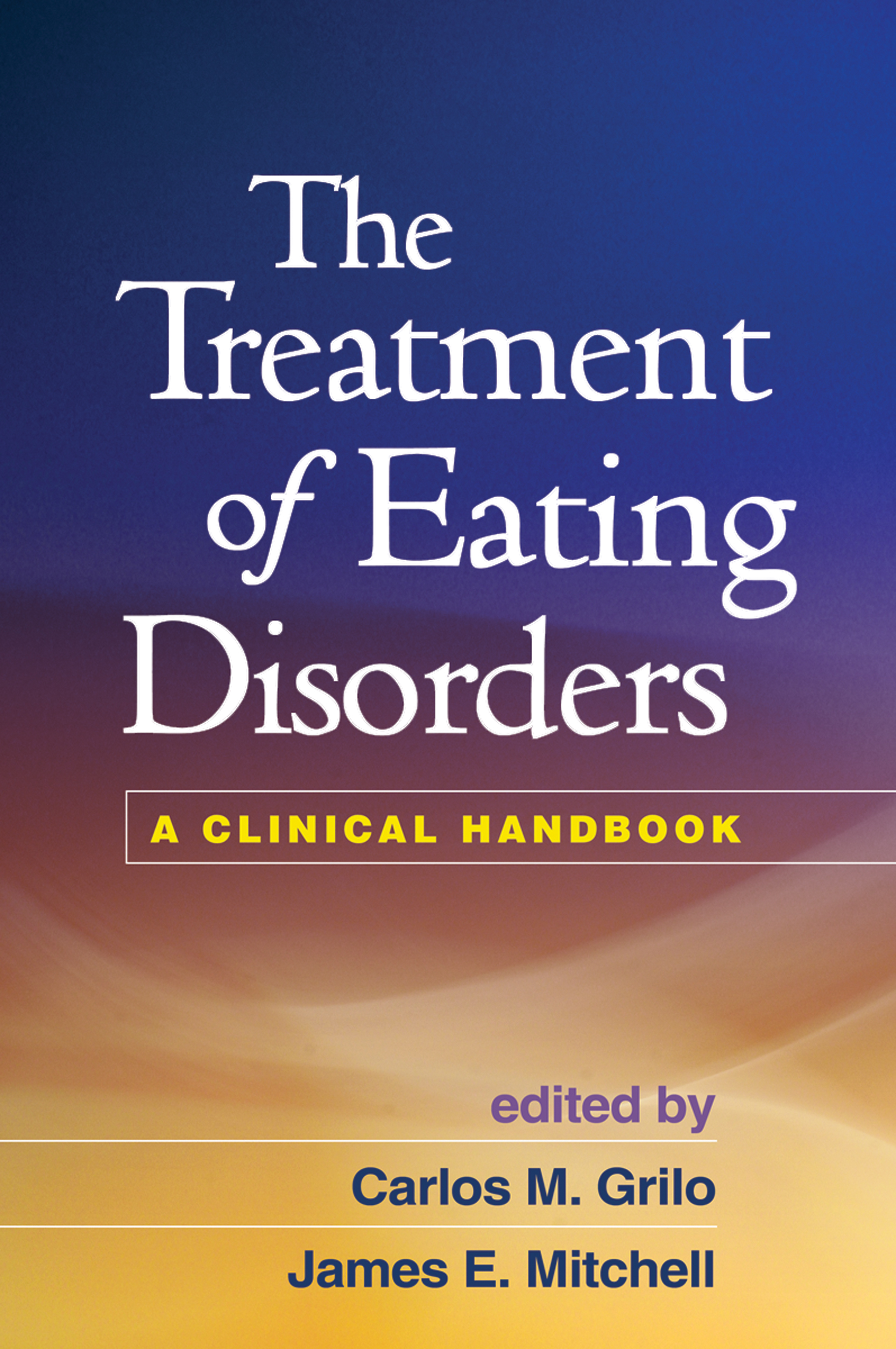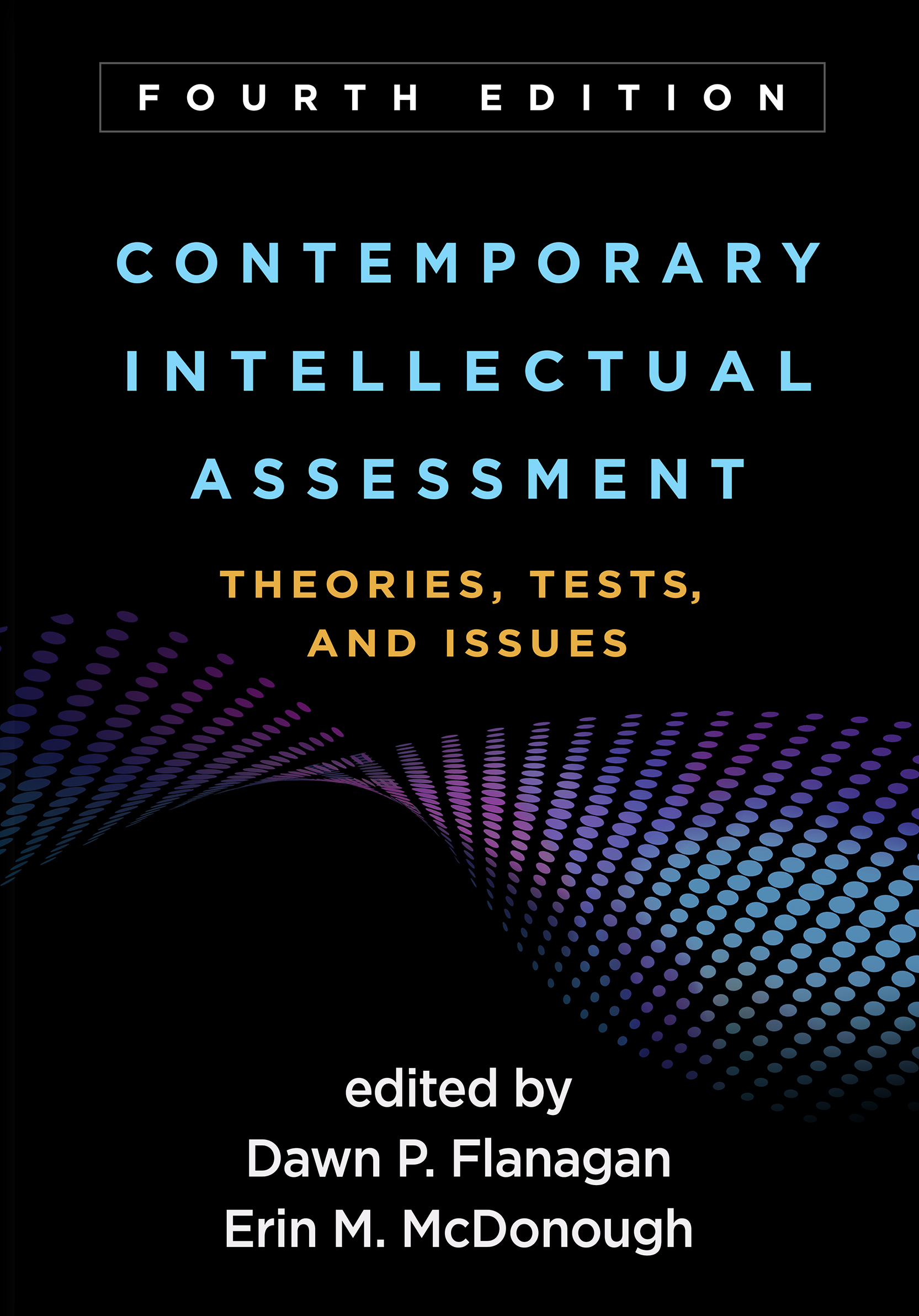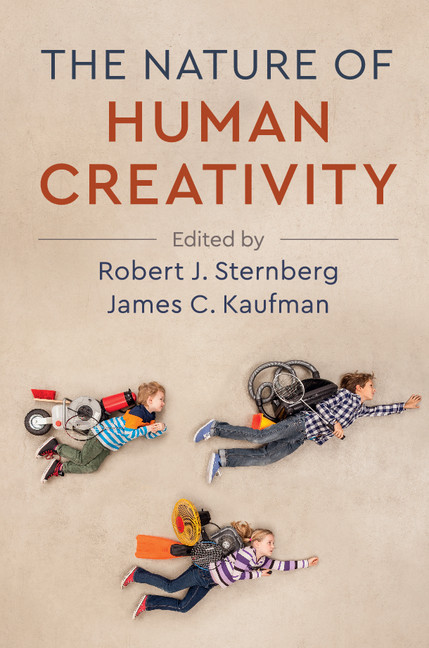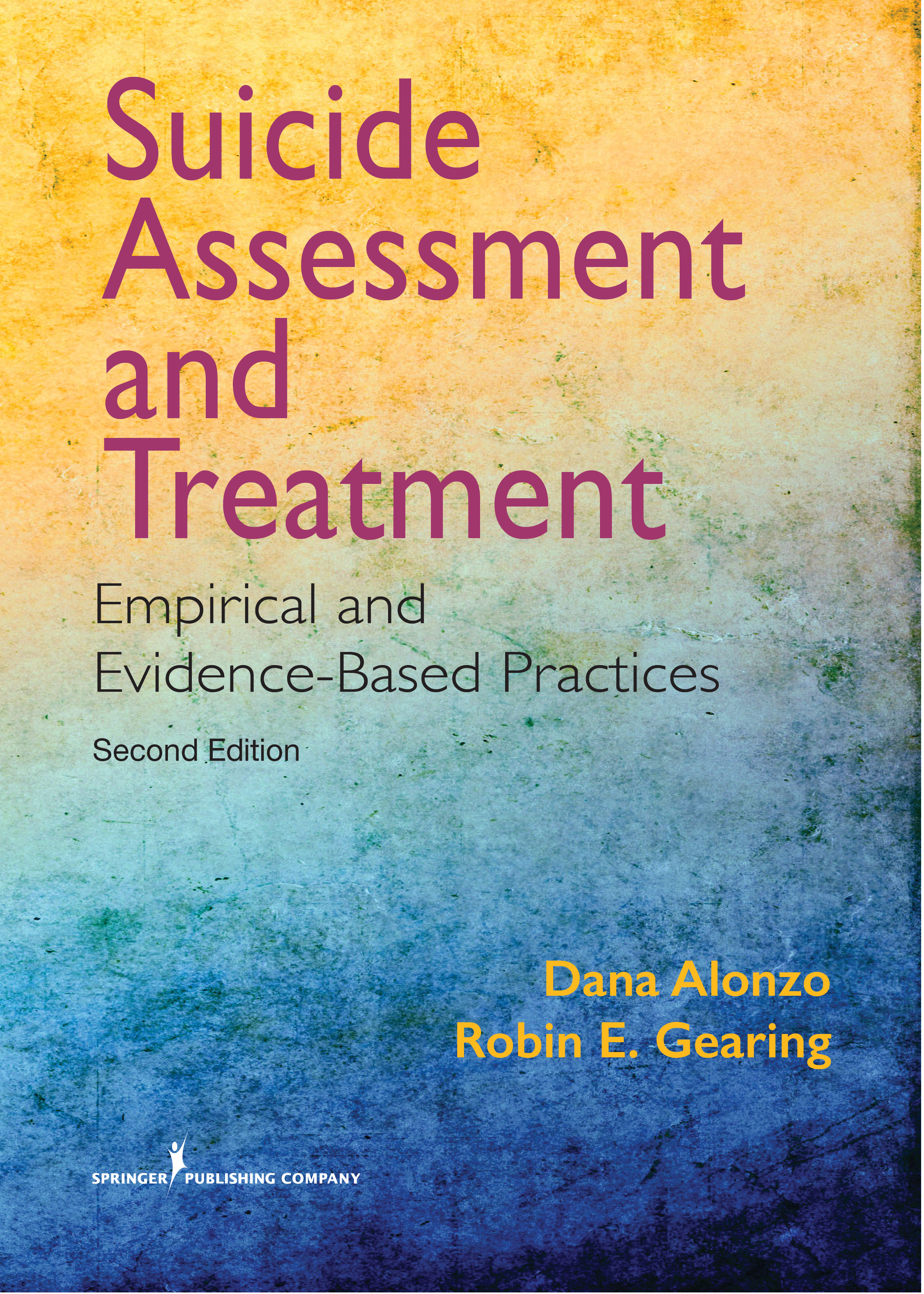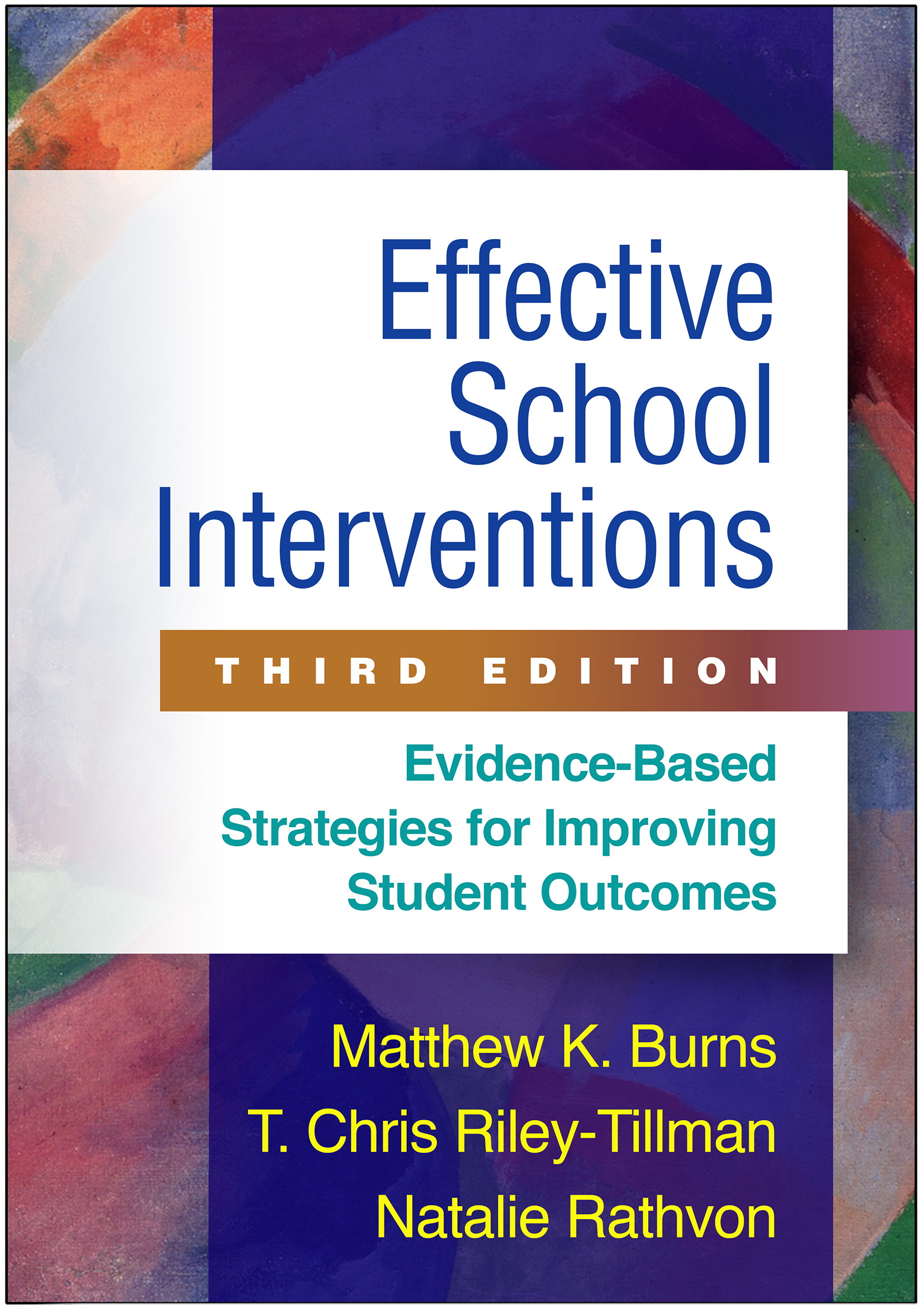A Disease Called Childhood : Why ADHD Became an American Epidemic
by Marilyn Wedge
2020-05-05 22:33:36
A Disease Called Childhood : Why ADHD Became an American Epidemic
by Marilyn Wedge
2020-05-05 22:33:36
A family therapist offers a surprising new look at the rise of ADHD in America, arguing for a better paradigm for diagnosing and treating our children. Since 1987, the number of American children diagnosed with ADHD has jumped from 3 to 11 per...
Read more
A family therapist offers a surprising new look at the rise of ADHD in America, arguing for a better paradigm for diagnosing and treating our children.
Since 1987, the number of American children diagnosed with ADHD has jumped from 3 to 11 percent. Meanwhile, ADHD rates remain relatively low in other countries such as France, Finland, the UK, and Japan, where the number of children diagnosed with and medicated for ADHD is 1 percent or less. Alarmed by this trend, family therapist Marilyn Wedge set out to understand how ADHD became an American epidemic—and to find out whether there are alternative treatments to powerful prescription drugs.
In A Disease Called Childhood, Wedge examines the factors that have created a generation addicted to stimulant drugs. Instead of focusing only on treating symptoms, she looks at the various potential causes of hyperactivity and inattention in children, and behavioral and environmental—as opposed to strictly biological—treatments that have been proven to help. In the process, Wedge offers a new paradigm for child mental health—and a better, happier, and less medicated future for American children.
Less







